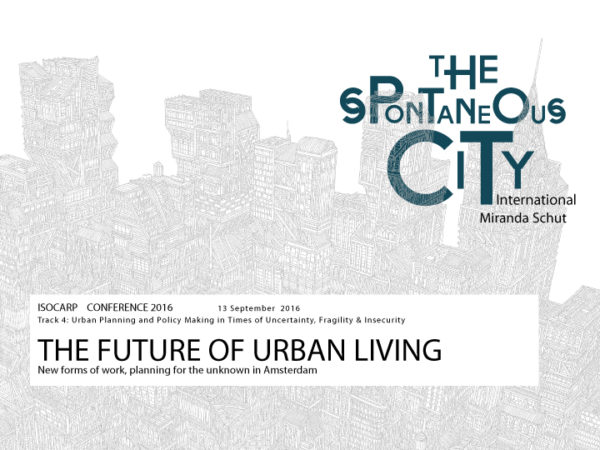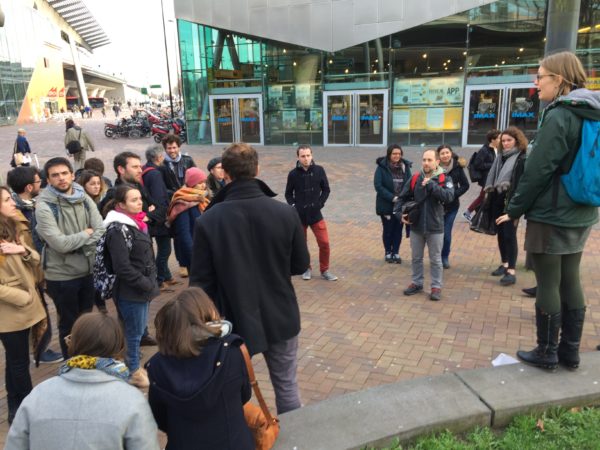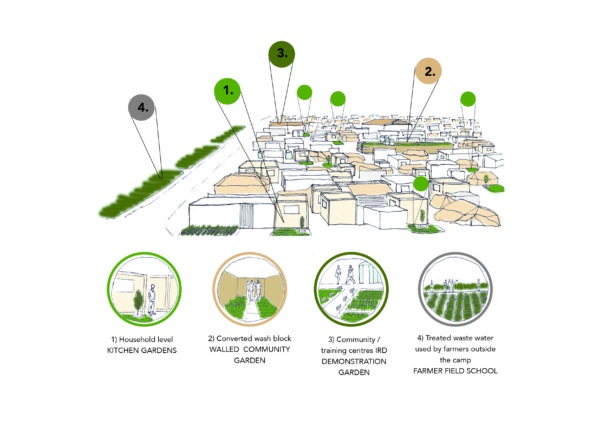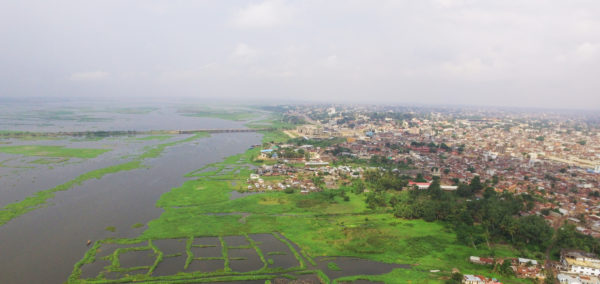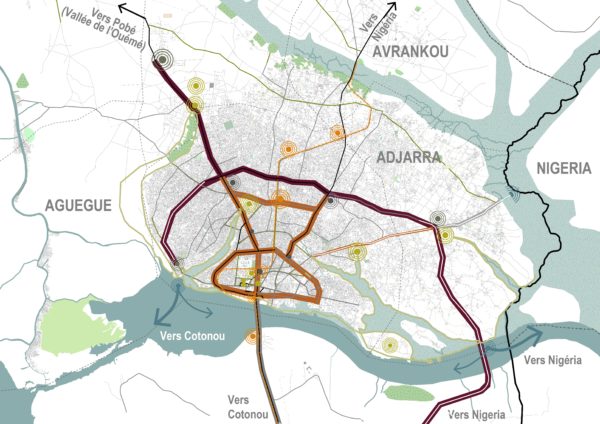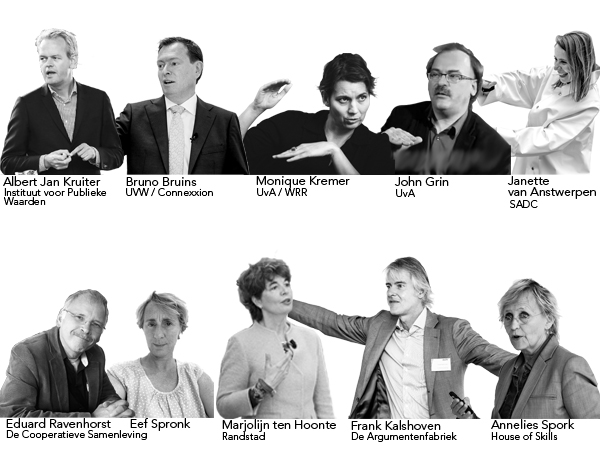
In October 2016, SPcitI launched the research-by-design study ‘MensenWerk – The Future of Urban Living, Planning for the Unknown’, in collaboration with a group of stakeholder and experts. With this project, we want to start an initiative to study the spatial impact of the transition of work in the Amsterdam Metropolitan Region (MRA).
The work landscape is changing rapidly. It could even be spoken about a new industrial revolution – with flexibility, democratization and robotization as key words. Everything around us changes at such a high pace that it is almost elusive. Technological and social innovations demand more and more adaptation at the workplace and the future is becoming less predictable. In fact, only one constant remains; continuous change. But the transition of work involves more than economic and social issues, spatial issues also play a critical role. Space and spatial planning, however, change slower than use, and thus run the risk of falling behind the rapid economic and technological developments. This raises the issue of spatial development, as an open and flexible process, that should adapt to the unknown, yet urgent challenges of the future.
Throughout March and April 2017, SPcitI interviewed a series of key figures closely related to this subject: F. Kalshoven (de Argumentenfabriek), Prof. M. Kremer (WRR/UvA), B. Bruins (UWV/Connexxion), M. ten Hoonte (Randstad), J. van Antwerpen (SADC), A. Spork (House of Skills, Economic Affairs, municipality of Amsterdam), E. Ravenhorst en E. Spronck (de Cooperatieve Samenleving), Prof. J.Grin (UvA) and last Friday AJ. Krater (Instituut voor Publieke Waarden). During 1,5h long interviews with open-ended questions, we debated the transition of work and challenged everyone of our interviewees to think about possible spatial impacts. The results will be summarized in the form of statements, that are part of a pre-publication in July 2017.

